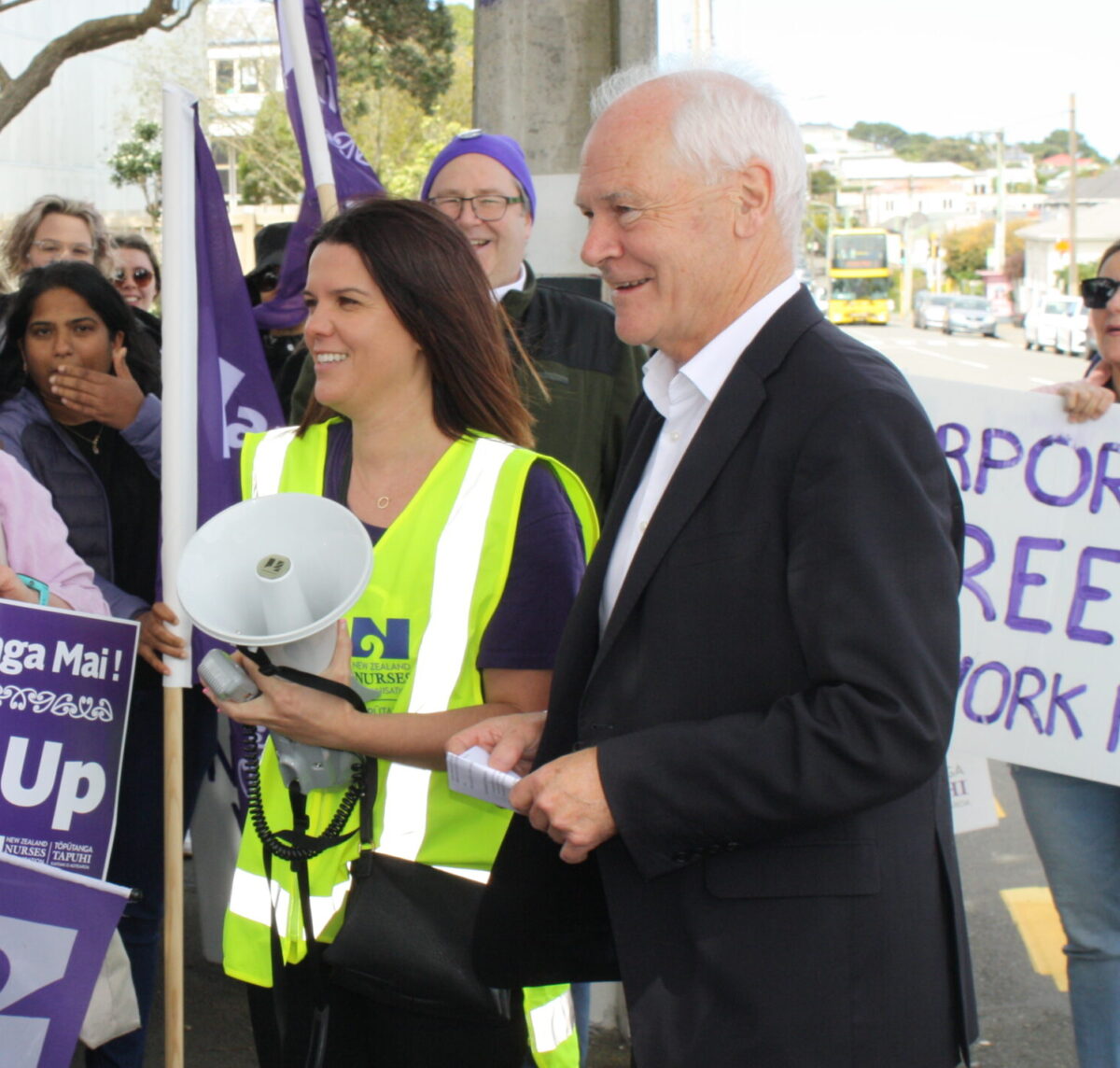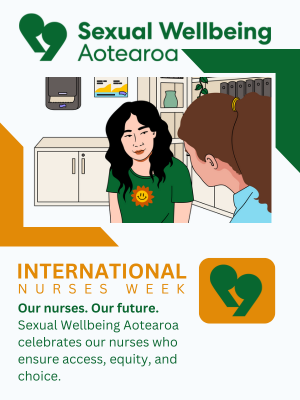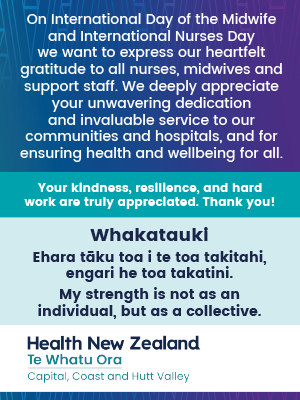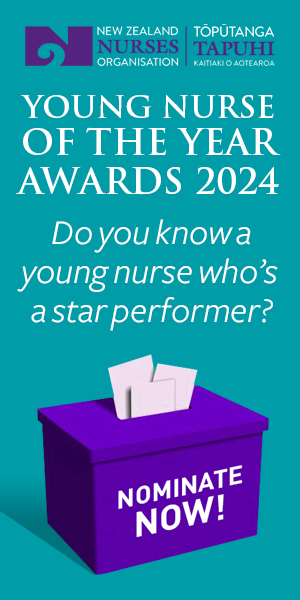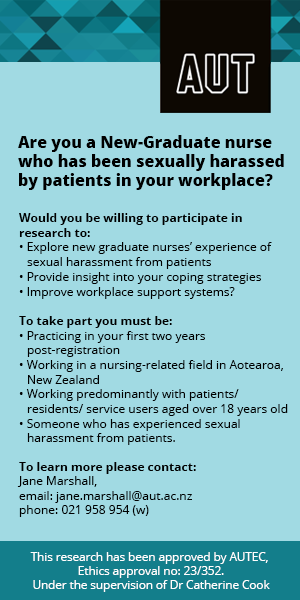Why? Because your struggles are shared ones — you have all given until you have bled and you have all been disrespected. At the heart of our Maranga Mai! campaign is solidarity — every nurse, everywhere. Uniting in our struggle makes us stronger and raises our profile. It also empowers those smaller groups outside who may have less bargaining power, such as nurses at Māori and iwi providers.
We saw this when Te Whatu Ora nursing staff recently refused extra shifts for a week in protest over unfair winter payments and being expected to prop up an understaffed health system day after day, year after year.
Primary health, Plunket and Healthcare NZ members, too, joined forces in protest over their shared pay disparities, even though they are on three different contracts.
They work harder and harder and eventually they will crack . . . often in that cracking they will start to tell their story – and that’s an immensely powerful thing.
The issues beneath these strikes and rallies are common to all nurses — a lack of resourcing and long-term political commitment to the profession.
Nursing — like teaching — attracts people who are absolutely dedicated. And because of that commitment — to patients, to tamariki — they sometimes put up with things like low pay, unreasonable pressures and long hours. I have seen employers take advantage of that commitment. And our members work harder and harder as they try to do their best for those they care for — and eventually they snap. I believe it’s wrong to force people to the end of their mental and physical limits, and that it is a health and safety issue.
I have been out around the motu meeting and talking directly to our nursing members — and when I speak of nurses, I mean all our members in nursing and health including health-care assistants (HCAs), kaiāwhina and others. Nurses I talk to — whether at Te Whatu Ora, Māori and iwi providers, schools, aged care or primary health — are telling me they want to be heard, to be respected — and that is what we’re doing.
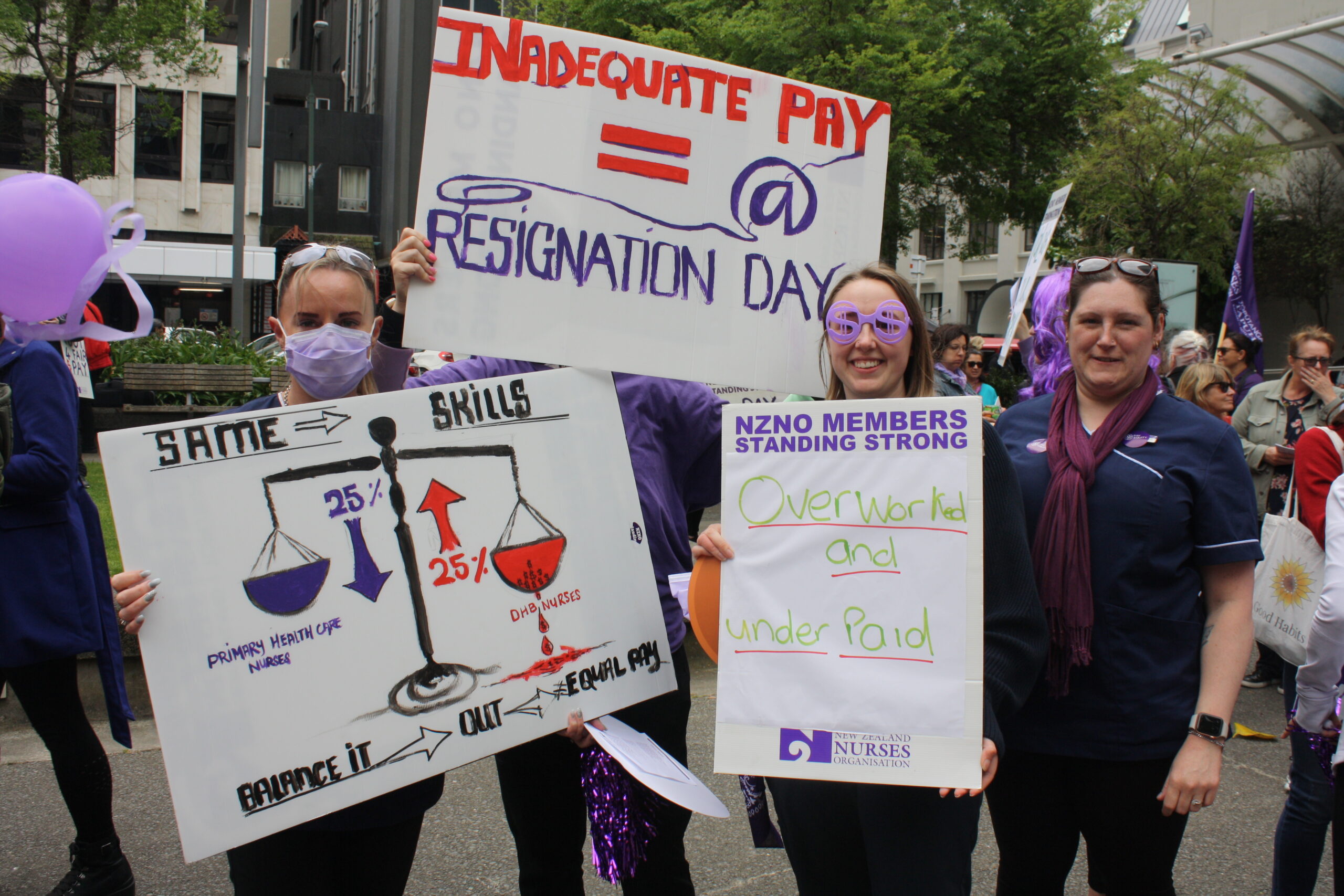
Fragmentation
Aotearoa’s fragmented health funding model causes problems, not only for staff but for employers. It’s particularly bad for Māori and iwi providers who often have short-term funding contracts and tough compliance responsibilities. All this hinders them from delivering health care to New Zealanders who need it the most.
My hope is that Te Whatu Ora will reduce some of that fragmentation and see the savings given to the frontline workers — but the jury is out on that for now.
Rising up together harnesses the enormous power our nurses and members have. Joining into one coherent force will bring us the respect we deserve — and the Government can show you that respect by funding nurses — no matter where they work — at the professional level they deserve.

Digging in
We have only just started on this road — there is a long way to go yet.
Nurses’ frustration has built up over time, across governments of either hue. It’s taken years to build and history tells us you can’t just change such long-standing under-resourcing and lack of political commitment overnight. And I think nurses are realistic about that – but what you absolutely need and deserve, and I think are responding to, is that we’ve started on the journey back.
Nursing — like teaching — attracts people who are absolutely dedicated
Such collective actions also empower us as a profession and union — you know your colleagues around the motu are sharing your pain and protesting alongside you, no matter where you work.
I believe this momentum will continue, with more and more nurses supporting NZNO’s whole-of-campaign approach to successfully win what nurses need and deserve.
Finding your voice
It can be challenging to speak up in health’s hierarchical and, at times, punitive culture, even when there are strong, potentially illegal, health and safety concerns. Partly that’s out of fear of employment repercussions, and sometimes people are just so exhausted that speaking up is just another imposition on scarce time and energy.
Instead, hard-working health professionals knuckle down and get on with it. They work harder and harder and eventually they crack. It’s a health and safety issue but also often in that cracking they will start to tell their story – and that’s an immensely powerful thing.
— Paul Goulter has spent his professional life working in unions in both the private and public sectors.


